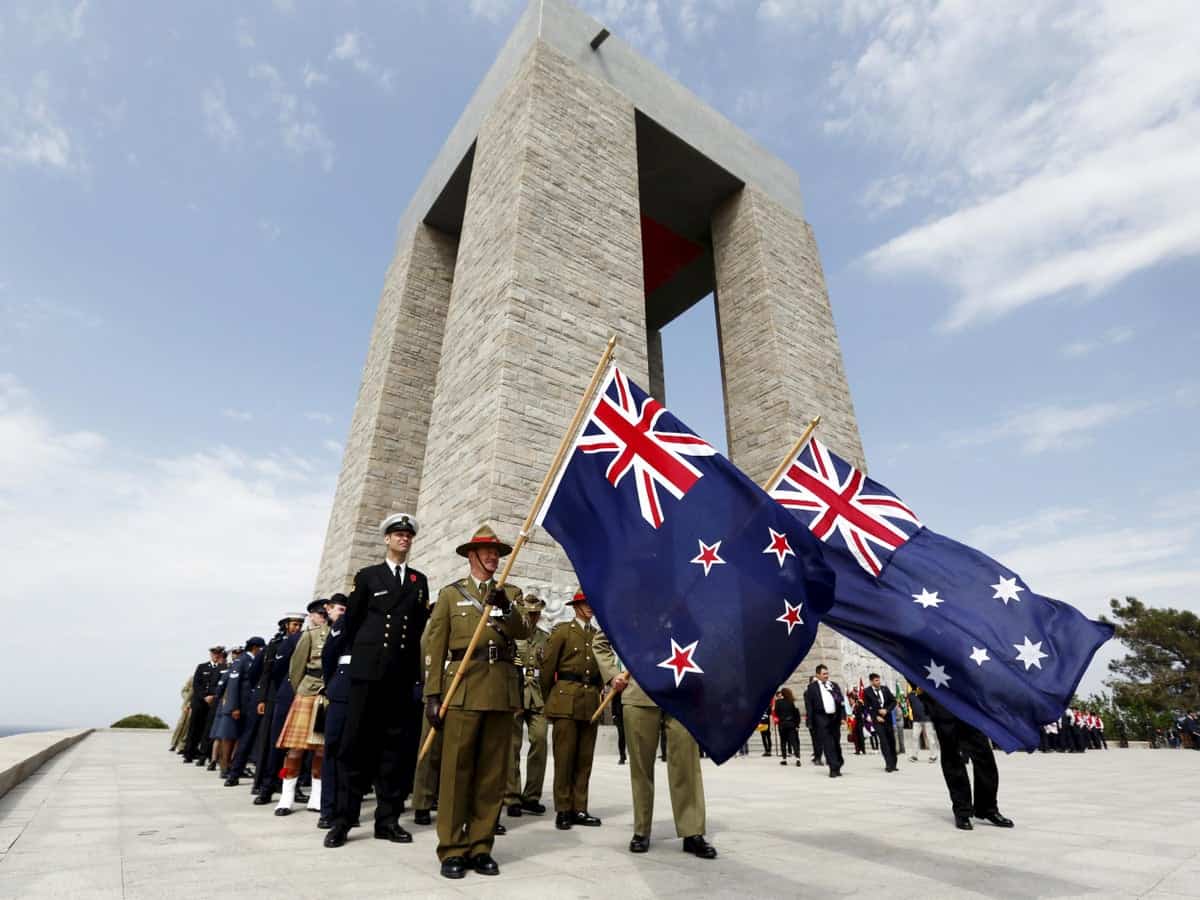Embracing the Past: A Parent’s Guide to ANZAC Day in New Zealand
Come along as we explore the significance of ANZAC Day and how you can share its importance with the young ones in your life. It’s all about respect, remembrance, and participating in a meaningful way.
What is ANZAC Day?
ANZAC Day, observed on the 25th of April each year, is one of New Zealand’s most significant national occasions. It marks the anniversary of the first major military action fought by Australian and New Zealand forces during the First World War.
This guide aims to help parents talk about ANZAC Day with their kids, participating in remembrance with reverence and understanding. Whether it’s attending dawn services, baking ANZAC biscuits together, or sharing stories, it’s a day to involve families in the spirit of commemoration.
Understanding ANZAC Day’s History
Our journey starts in history. ANZAC stands for Australian and New Zealand Army Corps. The soldiers in those forces became known as ANZACs. It’s important to share with children the bravery and sacrifices made by these soldiers, shaping both our countries’ identities.
Teaching kids about ANZAC Day goes beyond the battlefield. It’s about highlighting values such as courage, mateship, and resilience. Share age-appropriate stories or visit local memorials to make the history come alive for them.
ANZAC Day Traditions and Rituals
Silence falls as the first light of dawn touches the sky. This is how many New Zealanders begin ANZAC Day, with a dawn service to honor those who have fallen. These services are a cornerstone of our remembrance and are deeply moving experiences to share with children. Explain the significance of the Last Post, the minute silence, and why people wear red poppy flowers.
Lest we forget, ANZAC Day is also marked by parades and ceremonies in communities across the country. This is an opportunity to talk to kids about respect and the meaning of laying wreaths as a symbol of remembrance.
Engaging Activities for ANZAC Day
Want to continue the conversation at home? There are plenty of activities for families to engage in together. Bake ANZAC biscuits while discussing their historical significance; these treats were sent to ANZAC soldiers by their loved ones. Create poppy crafts or write thank you letters to veterans to deepen their connection to the day.
Storytelling is also a powerful tool. Consider reading children’s books about ANZAC Day that are tailored to their age group.
Talking to Kids About War and Peace
Discussing topics like war and peace can be challenging with children, but ANZAC Day provides a platform for these important conversations. Use it as an opportunity to talk about the value of peace and the cost of freedom, always keeping it age-appropriate and open for questions.
As you guide your child through the layers of ANZAC Day, you’re helping build a bridge of understanding towards the sacrifices made for the peaceful country they call home today.

5 Essential Tips for Preparing Your Family for Anzac Day in New Zealand
Welcome, Kiwi parents! Anzac Day is a poignant day for reflection and remembrance. Preparing your children for this significant day need not be a somber affair; it can be a deeply enriching and educational experience that brings the family together. Here are five things you should know when preparing for Anzac Day with your kids.
Educate About the Significance
Before Anzac Day arrives, take the time to explain its importance. Share with your kids the history of the Anzacs and the impact of their efforts on New Zealand’s past and present. Use engaging storytelling to convey the significance of the day in an age-appropriate manner.
Participate in Local Events
Many towns and cities across New Zealand hold dawn services and parades on Anzac Day. Attending these events can be a moving way for your family to feel connected to the community and the Anzac legacy. Research local events ahead of time and prepare your children for what to expect.
Create a Tradition
Establishing a family tradition can make Anzac Day more meaningful for your children. Whether it’s laying a wreath, baking Anzac biscuits, or crafting poppies, a personal tradition can help them understand and remember the day’s significance each year.
Address the Themes of War and Peace
Use Anzac Day as an opportunity to discuss the themes of war and peace. Focus on the value of courage, friendship, and the pursuit of peace to help children grasp the reasons behind the commemorations and the hope for a peaceful future.
Include Quiet Reflection
Encourage your family to take a moment of silence during the day to honor the memory of the Anzacs. Use this time for personal reflection or to simply appreciate the freedoms we enjoy today, thanks to the sacrifices of those who served.
Involving your family in Anzac Day remembrance is a wonderful way to teach them about our national history while honoring those who have served. Through these five steps, you can ensure your children approach Anzac Day with a respectful and inquisitive spirit.
See more great Things to Do with Kids in New Zealand here. For more information see here
Disclaimer
The articles available via our website provide general information only and we strongly urge readers to exercise caution and conduct their own thorough research and fact-checking. The information presented should not be taken as absolute truth, and, to the maximum extent permitted by law, we will not be held liable for any inaccuracies or errors in the content. It is essential for individuals to independently verify and validate the information before making any decisions or taking any actions based on the articles.




